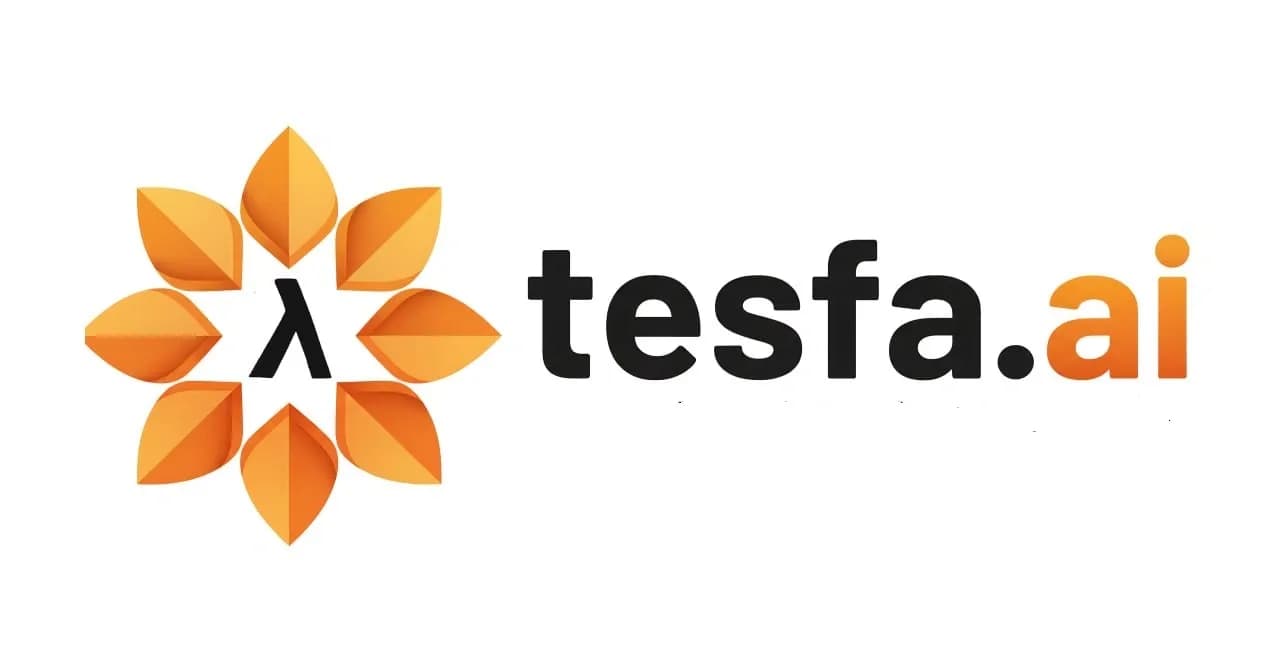Progress for 0 ad
Progress for 1 ad
Progress for 2 ad
Progress for 3 ad


Munir Shemsu
Addis Ababa, Ethiopia

A rapid shift in global labor dynamics is underway as artificial intelligence begins to automate work once considered essential to human productivity. With just a few typed prompts, tasks that previously demanded hours can now be completed in seconds. For young job seekers, that shift has brought new anxieties: employers increasingly want narrow, technical abilities that many lack, while recruiters say they struggle to find candidates who can immediately meet their needs.
One Ethiopian startup believes it has a timely solution.
Tesfa AI, an AI powered platform barely three months old, is building a digital hiring pipeline designed to match workers and employers, leveraging AI agents and customized assessments. Its founder, Natnael Kebede, an aerospace engineer who has led the AI and robotics research firm, Nerd, says the current hiring system leaves both sides frustrated: companies spend months training recruits if they find worthy applicants, while job seekers find themselves overwhelmed by the roles they hoped to fill.
“Employers avoid the on-the-job training cost and delay while also finding skilled labor,” Natnael told Shega.
Tesfa AI creates job-specific tasks, challenges, and courses, typically four per assessment, that allow applicants to upskill and earn badges and certifications tailored to the exact role a company seeks to fill. Applicants may also be matched to similar roles in the future, while employers gain a pool of vetted candidates with verified abilities. Several courses ranging from machine learning and DevOps engineer to robotics and computer vision are on offer. The platform’s AI agent interacts with users to evaluate their skill levels and chart a tailored path toward certification for a registered vacancy.
The approach resembles the technical certification programs offered by Amazon Web Services (AWS), but tailored to specific job postings. Natnael and the platform’s founding engineer, Haymanot Seyoum, originally set out to build an automated code-review tool before homing in on the broader challenges in recruitment. In his previous company, he frequently organized hackathons to scout talent, only to watch the few trained staff quickly depart for better-paying roles or opportunities abroad.
“Product delays are tough and inevitable without the right type of talent,” Natnael recalls.
Tesfa has so far run its first version with more than 100 users and five companies. A revamped platform, built with improved user experience, is slated for release in the coming week.
But Natnael sees a future beyond hiring. He imagines an adaptive learning system in which students develop job-ready skills at their own pace, a model he says could reshape career development and academic pursuits in the age of AI.
“Education can be among the most disruptive forces for an economy,” he said. “Especially in the post-ChatGPT world of today.”
The startup is testing different pricing tiers, including a free model, and is integrating translation technology from other AI companies to support multilingual users in multiple languages.
👏
😂
❤️
😲
😠

Munir Shemsu
Munir S. Mohammed is a journalist, writer, and researcher based in Ethiopia. He has a background in Economics and his interest's span technology, education, finance, and capital markets. Munir is currently the Editor-in-Chief at Shega Media and a contributor to the Shega Insights team.
Your Email Address Will Not Be Published. Required Fields Are Marked *